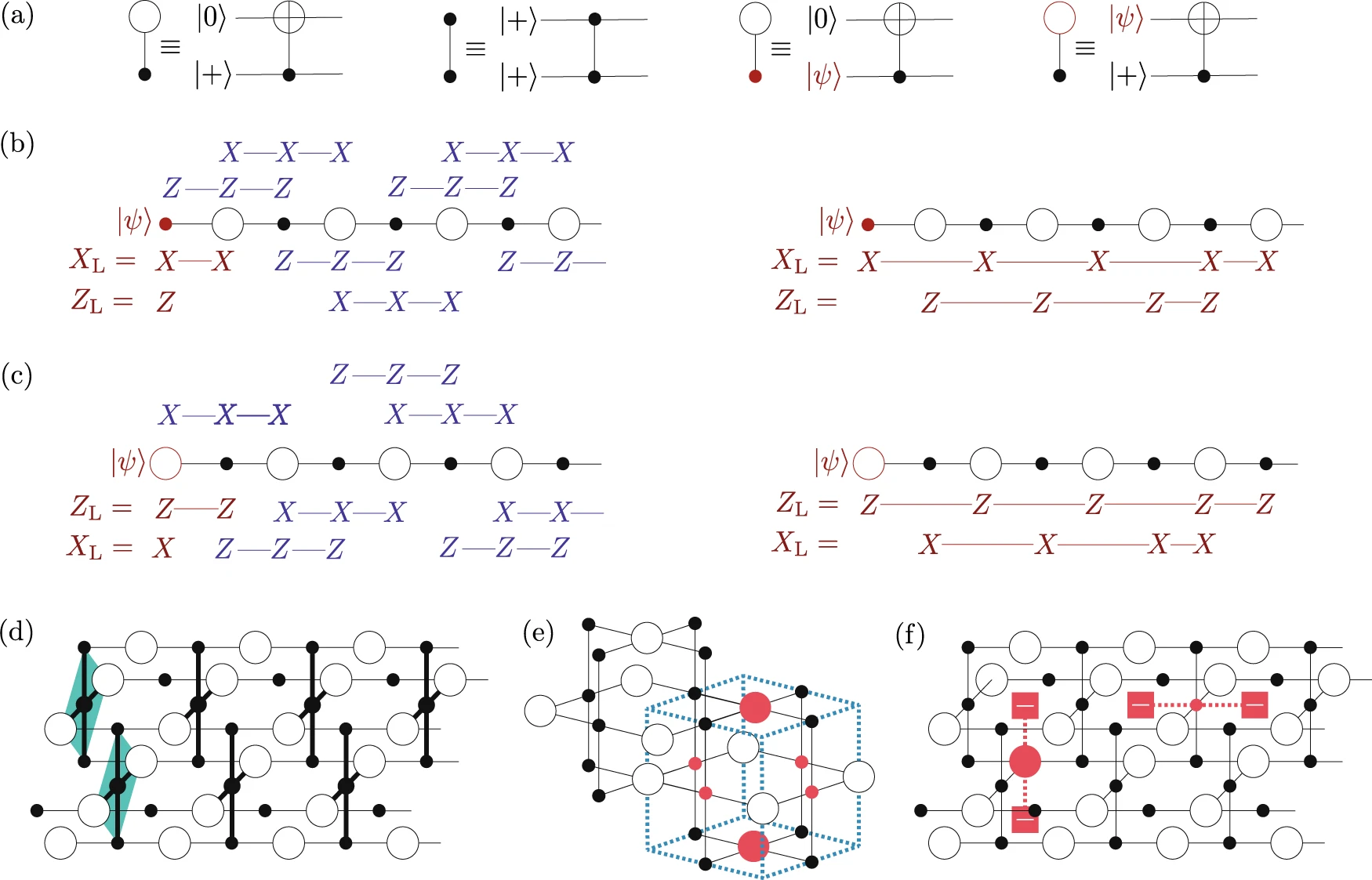Researchers at Rensselaer Polytechnic Institute have explored the potential for Quantum Computing to facilitate Reinforcement Learning (RL) problems.
Deep RL has accelerated at astounding speed in the last decade. Achieving superhuman performance in massively complex games such as Chess, Go, StarCraft II, Dota 2, and all 57 Atari games, deep RL has become a critical tool for Game AI. Many RL algorithms are benchmarked with games. The improvements in recent years in deep RL algorithms are often driven by the desire to improve the objective score performance of an agent and/or to reduce the training time or model size.
Quantum Computing approaches offer important potential improvements in time and space complexity over traditional algorithms because of its ability to exploit the quantum phenomena of superposition and entanglement.
Specifically, the team investigated the use of Quantum Variational Circuits (QVC), a form of Quantum Machine Learning (QML).
They presented techniques for encoding classical data for a quantum variational circuit and explored pure and hybrid quantum algorithms for DQN and Double DQN.
The results indicate both hybrid and pure quantum variational circuit have the ability to solve reinforcement learning tasks with a smaller parameter space. These comparison are conducted with two OpenAI Gym environments: CartPole and Blackjack.
The success of this work is indicative of a strong future relationship between Quantum Machine Learning and deep Reinforcement Learning.
The paper can be read there.



